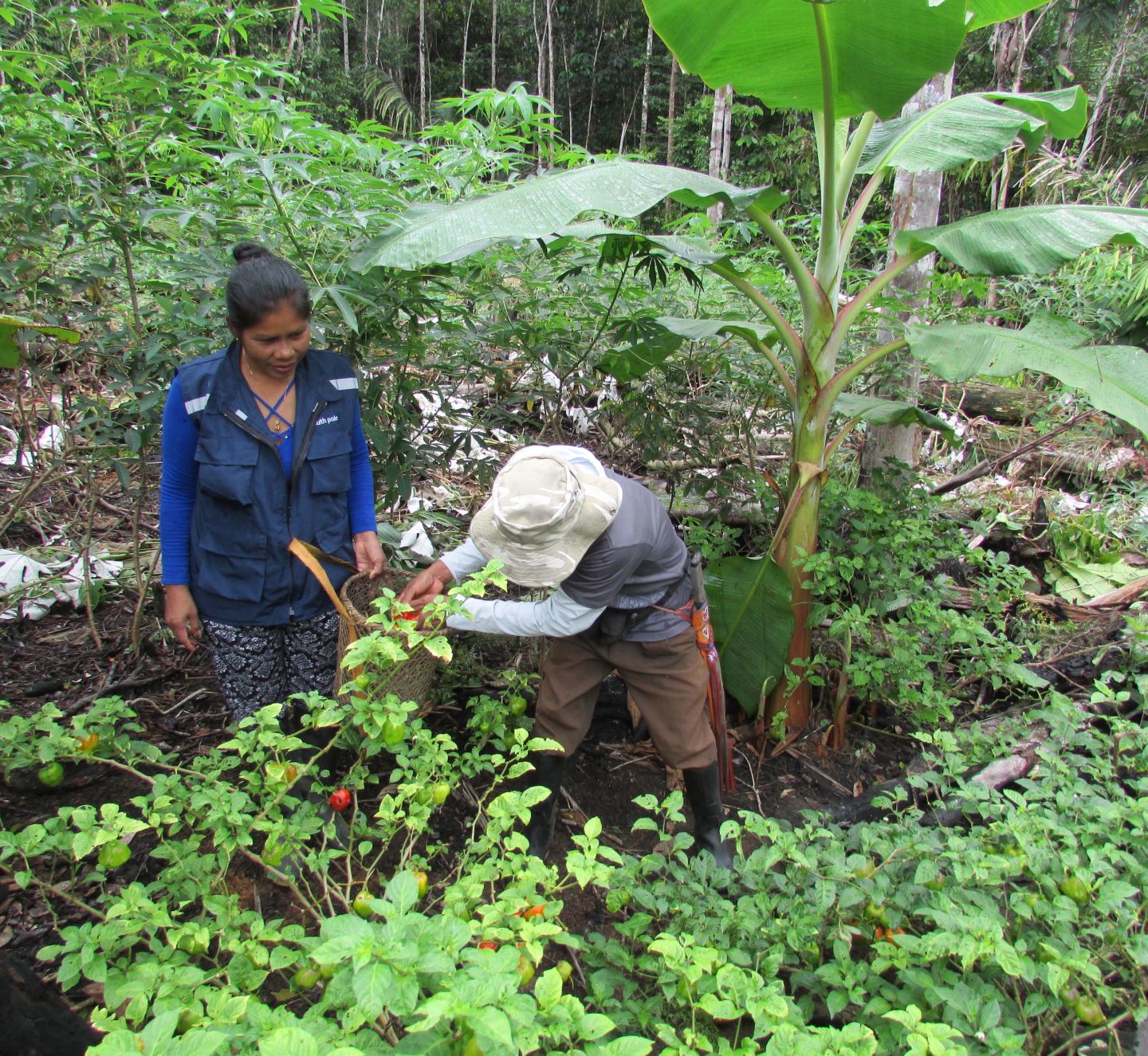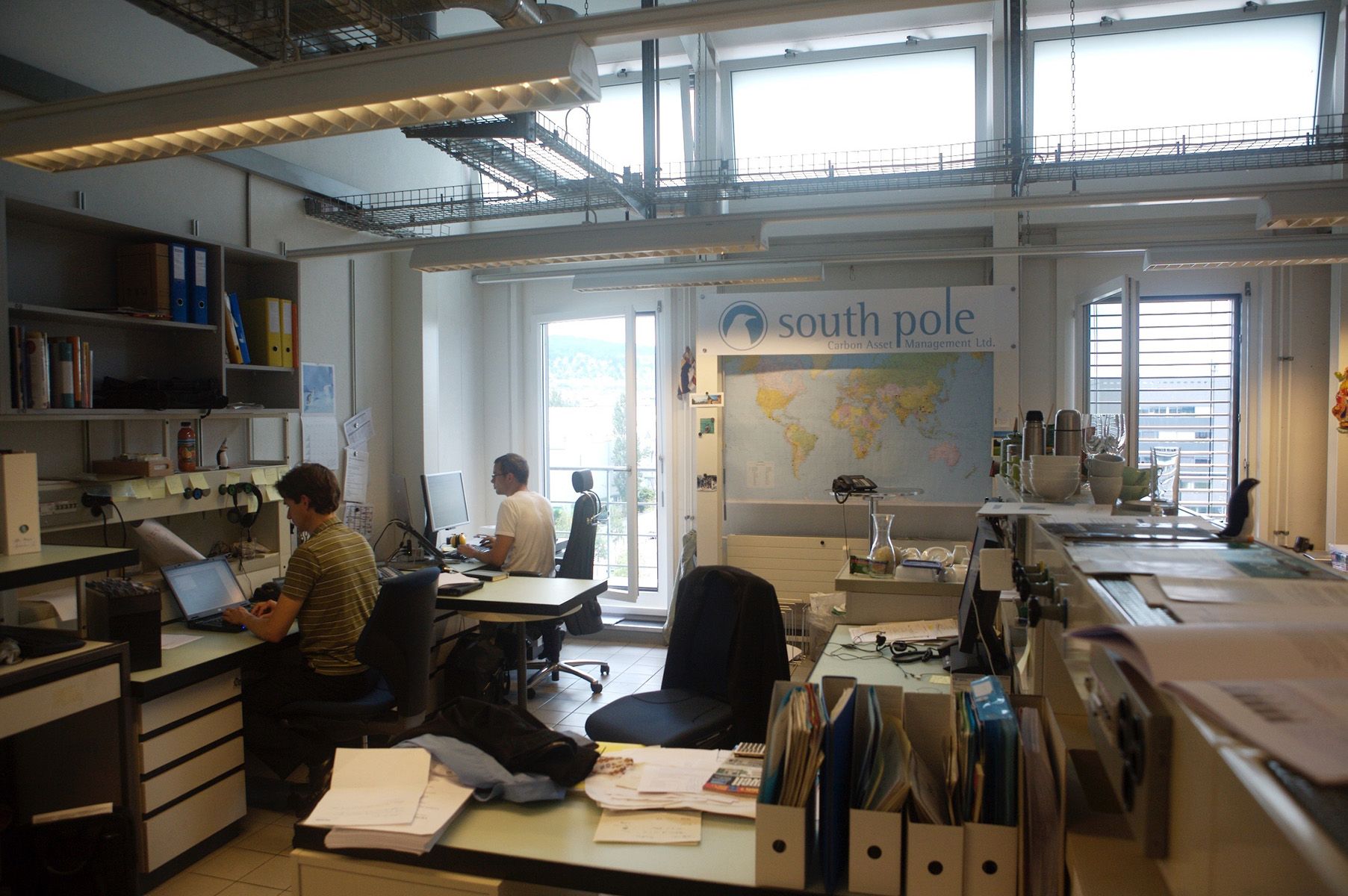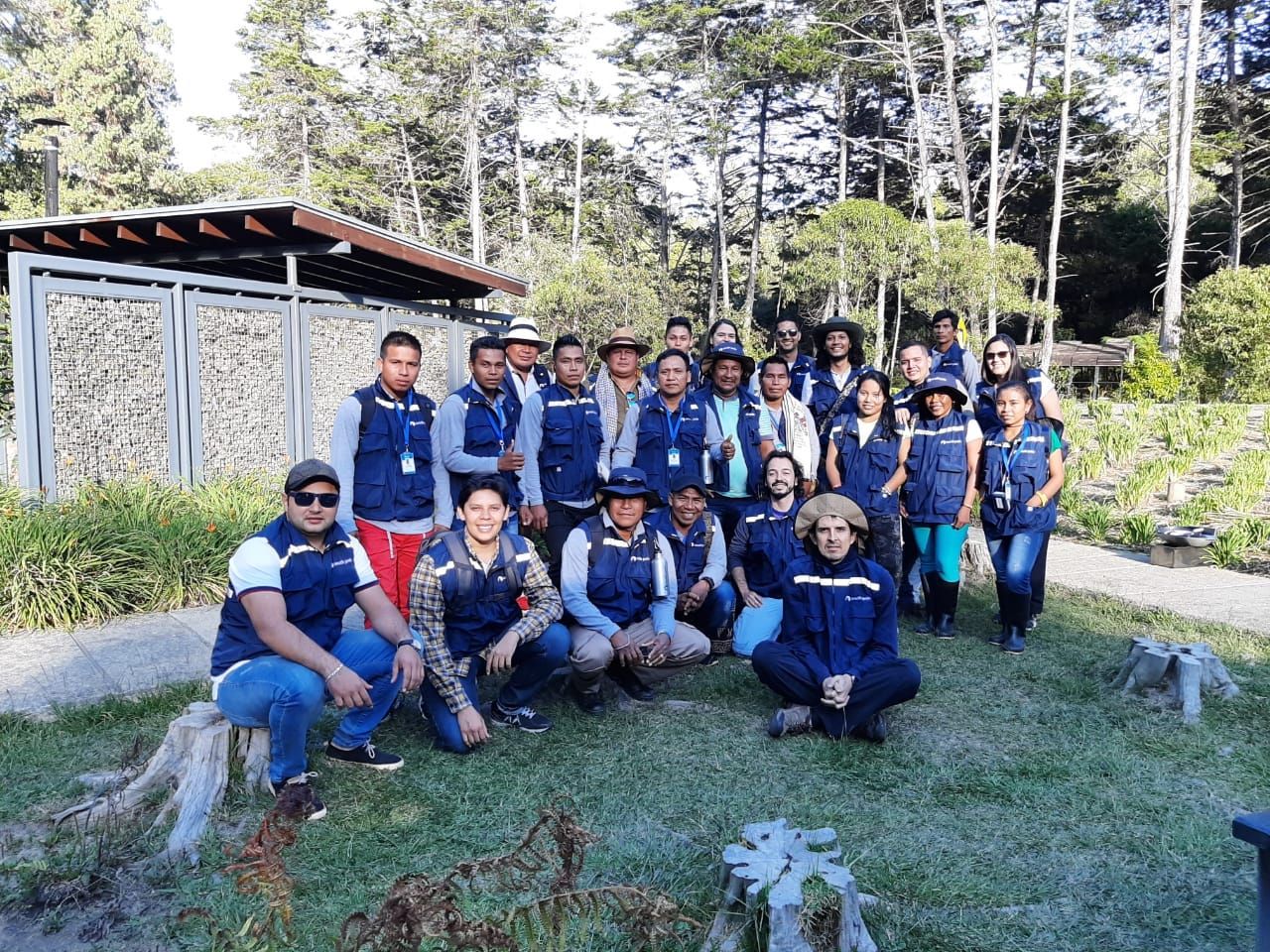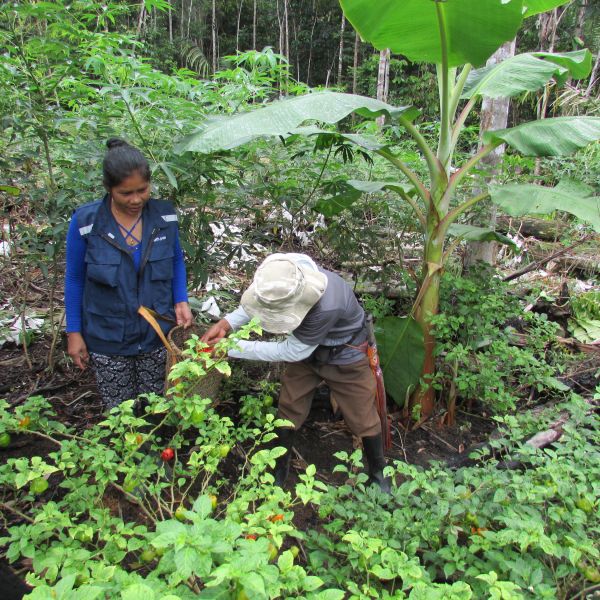Over the past 17 years, South Pole has innovated, pioneered, improved, and scaled various approaches to achieve its vision of genuine climate impact at scale. Some of these innovations and approaches have not worked, and have offered valuable lessons and ways to improve. Others have scaled and removed or avoided massive volumes of carbon emissions, and brought countless benefits to vulnerable communities.
We've been through a lot in nearly two decades – including the failed 2009 climate negotiations in Copenhagen, after which climate change was no longer top of mind among key policy makers. As the financial crisis hit the global economy, our team also braved the near collapse of the carbon markets, notably the collapse of the UN Kyoto Protocol that resulted in carbon credit prices slipping below US$1 per credit. This put into jeopardy our work and the future financial flows designed to give poorer countries access to green technologies.
Times have thankfully changed, with government commitments through the Paris Agreement, but through all these years we have consistently strived to advocate for higher standards and improved environmental integrity in carbon markets and climate finance.
In this article I aim to outline our team's contributions to getting carbon markets to where they are today: imperfect but effective. Armed with the experience of where we have come from, we hope that those committed to driving finance into climate action will come together to ramp up the speed of improvements in the VCM and beyond.
Improving the effectiveness of carbon markets to finance science-backed climate technologies
From the very beginning, we've been in the business of fighting climate change and engaging in results-based collaborations. The carbon market was (and still is!) a way to facilitate such collaboration: it is accountable and payments are only done based on performance
However, mainly due to the extremely slow response of governments, the private sector and the public to climate change, still today the carbon market is in its infancy. We are proud to have been there from very early on:
- South Pole managed the first ever Gold Standard Certified Emissions Reductions (CERs) in the Malavalli project in 2006. The project, located in the Mandya District in India, used low-density crop residues – sugarcane trash, coconut fronds, corn cobs – to generate cleaner power and contribute to sustainable development by assigning economic value to agricultural waste that was previously burnt or left to decay (which in turn leads to methane emissions).
- Our team also led the development of the first, multi-country Program of Activities (PoA) on water purification registered under the CDM. We did this because we identified that the WASH sector was woefully underfunded without anyone taking meaningful action to change that. Still today, a large number of villages benefit from water purification equipment co-financed through carbon credits.
In order to shape the market mechanism of the future, South Pole has, since 2007, consistently and vociferously made hundreds of contributions to the continuous improvement and development of methodologies through relevant industry associations, including the International Emissions Trading Association (IETA), the International Carbon Reduction and Offset Alliance (ICROA) and the Project Developer Forum. Here are some examples:
- Under the Voluntary Carbon Standard (VCS), the Gold Standard, and the CDM we helped develop methodologies to reduce emissions in the chemical, construction, manufacturing, agriculture, and, most recently, the carbon dioxide removal sectors. As part of the latter, we have initiated an important debate on how to define a high quality removals, and what a functioning market for high quality removals would need (see here, here, here and here).
- Together with partners, in 2022 we launched NextGen, the world's first procurement fund for carbon removal credits, designed to help revolutionize the market for long term carbon removals and provide revenue to innovative technologies that remove and store carbon.
- South Pole has co-authored, as part of a large consortium of experts, the first globally approved methodology for the utilization and application of biochar under Verra's VCS. Biochar is a soil supplement used thousands of years ago in the Amazon basin that permanently locks carbon in soils. To date, biochar projects have been limited due to high cost and scarce funding, as well as a lack of scientifically backed methodologies. Directing finance from the VCM tackles these challenges head on, allowing biochar projects to expand their operations and impact by bringing down costs associated with the technology – all while ensuring that environmental integrity is upheld.
- With the award-winning SHIFT Program, South Pole is helping to deliver one of the world's first Paris Agreement Art. 6.2 transactions between the government of Thailand and the government of Switzerland on e-vehicles, and created an entirely new digital MRV concept for quality assurance.
Upholding the environmental integrity of current methodologies, and supporting the development of new methodologies to scale critical, nascent climate solutions remains central to our purpose.











